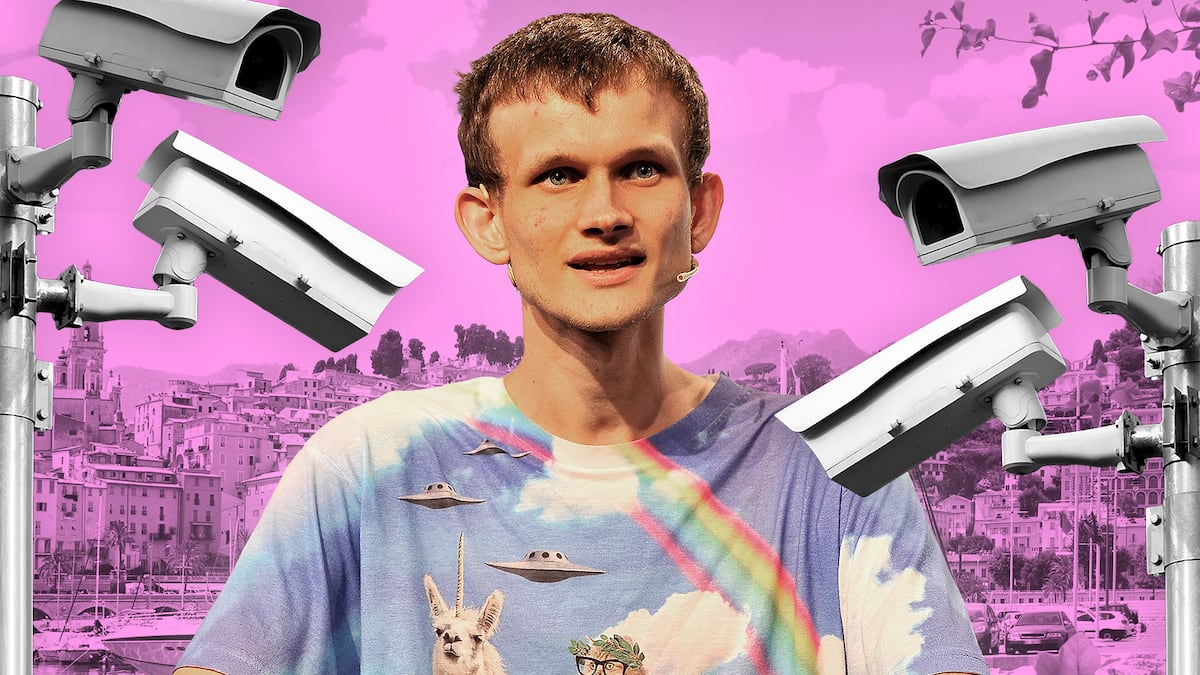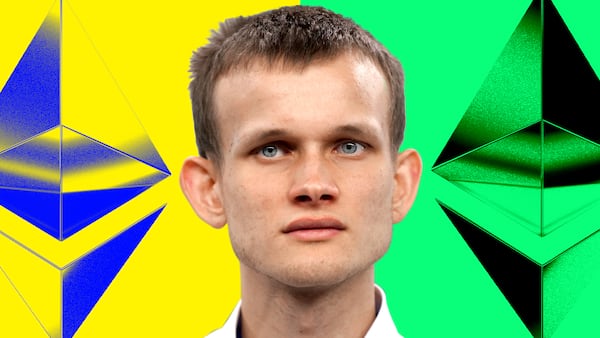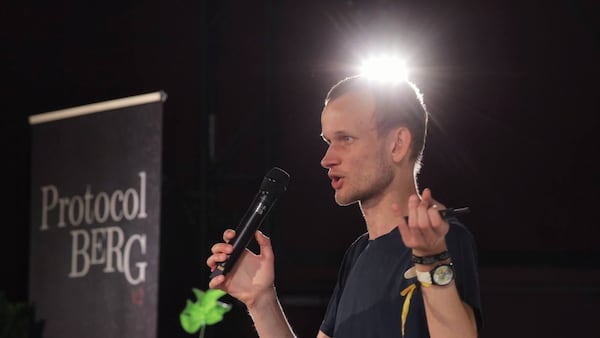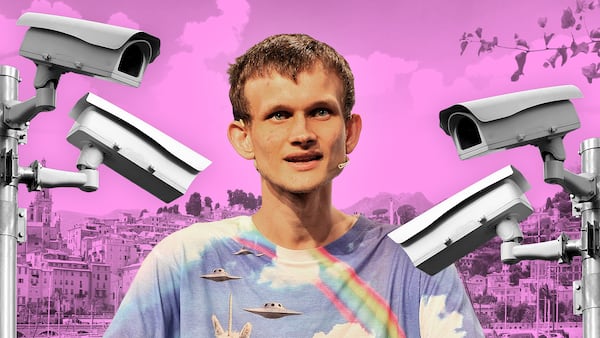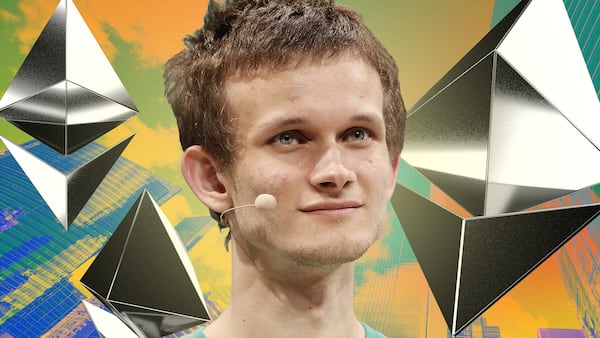- Vitalik Buterin backs a pluralistic approach to digital identity.
- He warns one-ID systems risk eroding privacy and pseudonymity.
- Projects like World are pushing biometric identity to millions.
A digital identity system is the next logical step for a world that’s moving deeper into the online age.
Deciding how that system works and who controls it is far less straightforward.
Ethereum co-founder Vitalik Buterin argues that the answer isn’t a single global solution like World, formerly Worldcoin, but a more fragmented, ‘pluralistic’ model that gives users choice and protects against overreach.
In a new blog post, Buterin unpacks the rising popularity of the ‘one-per-person identity’ systems, where each user holds a single verifiable ID designed to prove they are human without revealing sensitive personal details.
World, which uses biometric scans combined with zero-knowledge proofs to issue World IDs, is the most prominent example, boasting over 26 million users globally.
While these systems promise greater privacy and protection against bots or manipulation, Buterin warns that enforcing a one-ID-per-person model carries its own risks, particularly for online freedom.
“In the real world, pseudonymity generally requires having multiple accounts,” he writes, pointing to the growing concern that universal ID systems could make it harder for people to maintain separate digital personas or participate anonymously online.
“If it’s common knowledge that everyone has only one identity, you can be coerced into revealing it.”
Buterin’s preferred alternative is what he calls pluralistic identity. It’s an ecosystem of overlapping, competing identity systems rather than a single dominant one.
These can be explicit, like social-graph-based IDs where trust comes from your community, or implicit, like the current patchwork of passports, social logins, and other credentials.
This messier approach makes it harder for any government, company, or protocol to monopolise identity or force users into a single traceable profile.
It also better accommodates edge cases, such as people without formal IDs or those unable to participate in biometric schemes.
This comes at a time when projects like World are aggressively expanding, having recently launched in six major US cities and unveiled partnerships with platforms like Visa and Tinder-owner Match Group.
The company pitches its biometric IDs as a way to fight fraud and bots in the age of AI, but regulators in several countries have raised concerns over privacy and surveillance.
Buterin acknowledges that identity solutions are essential for things like fair governance, reducing spam, and providing access to basic online services. But he argues the industry should avoid the temptation to chase neat, universal solutions at the expense of user control and diversity.
“The ideal outcome,” he writes, “is if one-per-person identity systems today merge with social-graph-based identity… at which point there would be enough adoption to safely grow a globally distributed social graph.”
Kyle Baird is DL News’ Weekend Editor. Got a tip? Email at kbaird@dlnews.com


